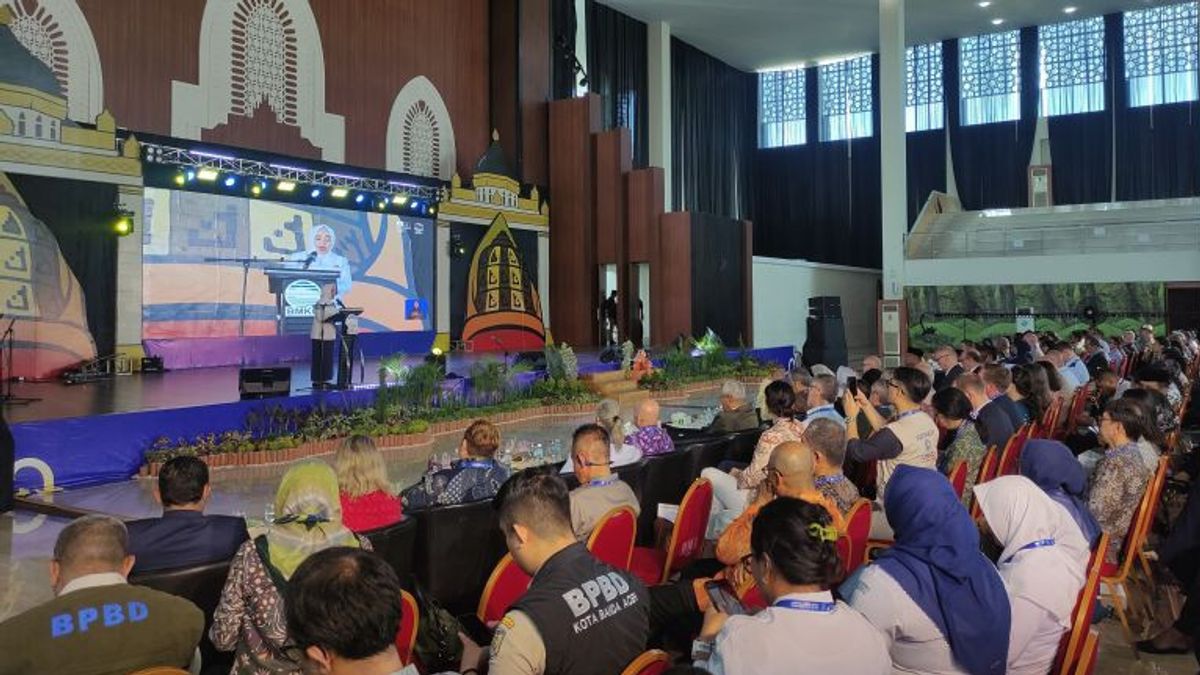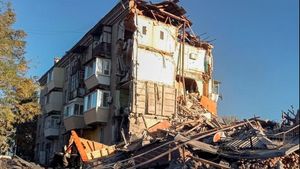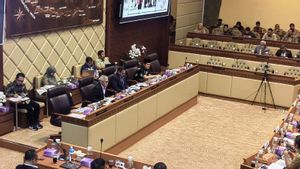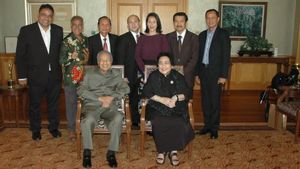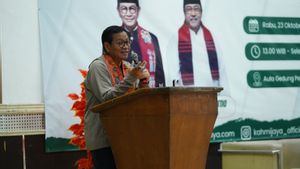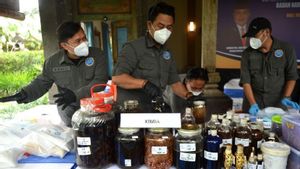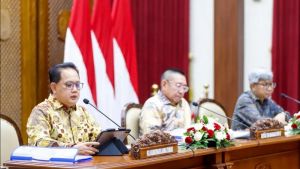BANDA ACEH - The Meteorology, Climatology and Geophysics Agency (BMKG) stated that Indonesia's ability to accurately detect tsunami potential is still incomplete without installing sensors under the sea.
"This underwater censorship is not yet in Indonesia, if it is not in the sea, the calculation can be slow and missed," said Head of BMKG Dwikorita when met after submitting material in the "Second UNESCO-IOC Global Tsunami Symposium" in Aceh as reported by ANTARA, Monday, November 11.
He emphasized that in principle Indonesia already has around 600 units of earthquake detection sensors, which can also detect the potential of tsunamis spread across vulnerable areas in the country.
Based on BMKG data, the number of seismic sensors increased dramatically compared to two decades ago, where Indonesia only had 20 units of seismic sensors.
With the distribution of sensors that are almost evenly distributed throughout this region, he said, Indonesia has been able to provide tsunami early warnings less than five minutes after the earthquake occurred to all local people, including in a number of countries in the Asia Pacific region.
It's just that a number of experts in the inauguration forum assessed the challenge is that even though the number of seismic sensors has been spread across almost all regions in Indonesia with good equipment quality, it is still not enough to detect all the tsunami triggers.
Dwikorita said this was because the ability of hundreds of units of the sensor was still limited to detect the potential for a tsunami triggered by underwater landslides or volcanic activity more specifically.
Karena laut kita ini luas, jadi butuh (sensor bawah laut). Melalui forum ini semua ahli dari berbagai negara bersama-sama mencari solusi untuk mengatasigap(celah) tersebut. Termasuk meningkatkan kapasitas masyarakat dan pemerintah daerah untuk menghadapi risiko bencana, ujarnya.
SEE ALSO:
Second UNESCO-IOC Global Tsunami Symposium which took place on 10-14 November 2024 in Banda Aceh City, Aceh Province, is an initiation forum between UNESCO Intergovernmental Oceanographic Commission (IOC) and the Indonesian Government through the BMKG to strengthen the technology-based tsunami disaster mitigation strategy and increase community capacity.
This symposium is also a momentum to commemorate the 20th anniversary of the 2004 Indian Ocean tsunami which also had a major impact in Aceh.
The forum was attended by around 1,000 participants, including scientists, disaster experts from 54 countries such as Japan, the United States, Spain, Italy, India, Bangladesh, and China, as well as a disaster-aware community from the Tsunami Alert Village in Indonesia.
The English, Chinese, Japanese, Arabic, and French versions are automatically generated by the AI. So there may still be inaccuracies in translating, please always see Indonesian as our main language. (system supported by DigitalSiber.id)
